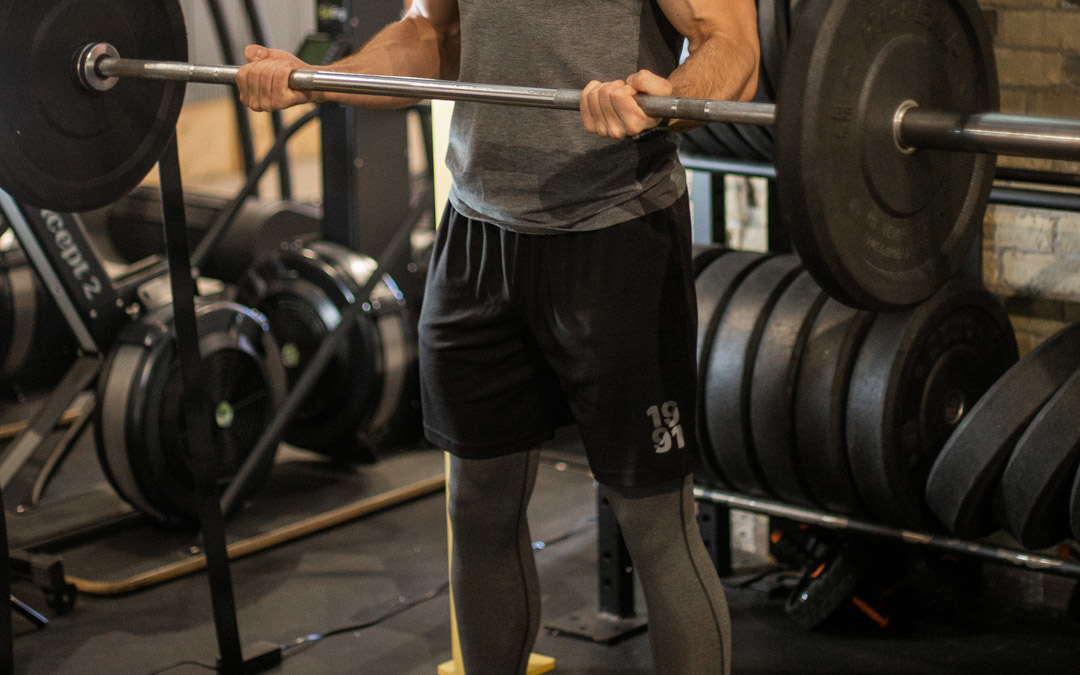
What is Glycogen?
Glycogen is a form of stored carbs in the muscles and liver. It is known as the main source of fuel that’s used during exercise. It is the main source of energy that is used when we’re working out. Glycogen in itself is a more complex version of glucose. When we need a boost of energy or when we aren’t getting enough glucose from our nutrition, glycogen depletion can occur since your body doesn’t have any more fuel (glucose) to tap into. The depletion of glycogen stores ranges depending on the type and intensity of your workouts. If you notice that you have nothing left in the tank during one of your workouts, this may be partially due to glycogen depletion.
For those that have had it, glycogen depletion definitely isn’t a pleasant experience. I know this from experience. The typical symptoms of glycogen depletion are a significant loss of energy and fatigue. To put it simply, it feels like you have nothing left in the tank! As you can imagine, if you have low glycogen levels, it’ll lower your ability to gain strength and muscle since we won’t have enough energy to get through our workouts.
Given that glycogen is the main source of energy for our workouts, the better our bodies can store glycogen, the better we’ll be able to perform. If we’re suffering from low glycogen, this can mean that we won’t be able to workout at a higher intensity or longer duration which can impact our gains. In fact, there have been studies that have shown that fatigue and decrease in performance can be linked to low-carb diets that cause glycogen depletion. When the human body experiences a depletion of glycogen stores, it can take about 24 hours for the body to refuel by ingesting and digesting food into glycogen. In general, when the food is digested, glucose is created. The pancreas will then produce insulin to offset and regulate the amount of glucose that’s present in the bloodstream. As mentioned before, any glucose that isn’t used up will be stored as glycogen.
After we consume a meal, our bodies will break down the macros (protein, fat and carbs) into smaller molecules. The carbs are broken down in glucose which can be used to help fuel our energy. Proteins and fats can be converted into small amounts of glucose. However, this process is significantly less efficient in comparison to consuming carbs. Glycogen is primarily stored in muscle and liver cells. It is also stored in the liquid inside of cells called cytosol. The glycogen will be stored in the cytosol until it’s broken down into glucose which is then used for energy by the mitochondria. When working out, your body uses the glycogen stores in your muscles to help fuel your exercises.
So how do we maintain high levels of glycogen? The best way is to eat a high carb diet with around one to three grams of carbohydrates per pound of body weight – that’s right – it’s super important to get in the habit of tracking your macros! Many athletes store large amounts of glycogen through carb loading. This refers to when carbohydrate-heavy meals are consumed before an event. Although this may provide added fuel, there can be negative side effects including excess water weight and digestion problems. If you are considering trying this, I’d recommend discussing this approach with your personal trainer first to make sure you’re both on the same page. When experimenting with any dietary changes, it’s important to ensure that your personal trainer is aware of any changes. You should ensure that any changes are done gradually and that you take a phased approach with your workouts as our bodies adapt to the changes over time.
In general, by increasing your glycogen levels, this will in turn allow you to lift heavier weights, increase your volume and help you push yourself harder during your workouts. In turn this should lead to greater strength and gains over time.
Have any questions about glycogen and its impact on your workouts? You can drop us a comment below or email us at [email protected] and one of our reps would be happy to assist. I’d recommend chatting with your personal trainer and FITHAUS representative about any of your nutritional needs as we’d be more than happy to help you make minor changes to your diet over time which can help you to yield the best results. This will help you improve your energy levels and output during your workouts! The best starting point is providing us with a food log aggregating 7-10 days worth of data detailing everything you’re consuming over that time period. We can then use this as a starting point to providing you with nutritional recommendations over time!
